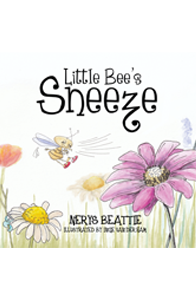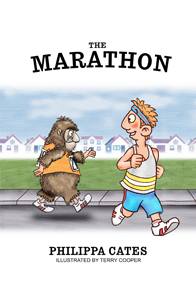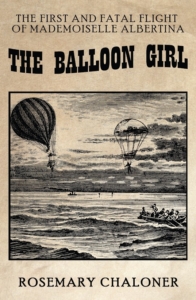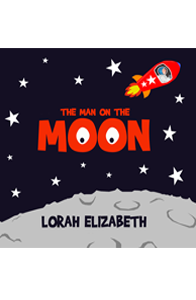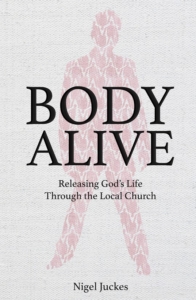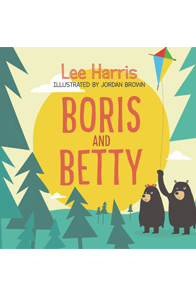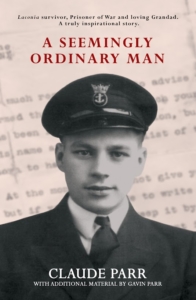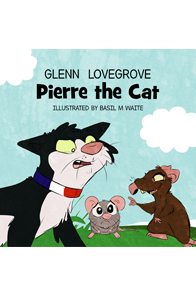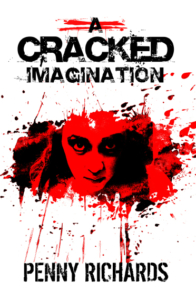‘Mummy! Mummy, I can’t understand what she’s saying?!’
This is the cry from the daughter following an introduction to a Geordie child-minder who referred to her and her brother collectively as ‘you’s’ and ‘tykes’. For anyone unfamiliar with Catherine Tate, you can view this particular sketch by following the link at the bottom of the page. If you are already familiar with her ‘posh mum’ character then watch it again anyway as it is a light-hearted look at language differences by location and / or class which may help to illustrate a few points being made in today’s blog.

As budding or skilled writers, or even as members of society, I would no doubt patronize you if I were to tell you that there are different dialects which ‘belong’ to certain parts of the country. The United Kingdom, being an island, has played host to many invasions from Vikings, Germanics, Romans and the French to name but a few. This is not to mention that the Welsh, Irish and Scottish have all infiltrated the heart of England bringing with them their own particular – or peculiar – linguistic habits. The differences between language and spelling across the country was so much so that a number of dictionaries were developed in the 16th and 17th centuries; these would help standardise the rapidly increasing English language in grammar schools and printed materials burgeoning as a result of urbanisation.
The dictionary was also an attempt by the powers that be in London to bring together one way of speaking and writing the English language, their way. Language has always had a way of separating class, education and power. From the Greek scholars, Latin found in legal documents, French words adopted in the courts after William the Conqueror successfully took the throne and finally the differences between rural and urban inhabitants; language separates people. Shakespeare recognised this and employed poetry or prose depending on the status of the character speaking in the play; this was perhaps most ironically exemplified in Othello when the title character addresses the Senate by starting his tale with ‘Rude am I in speech / And little blest with the soft phrase of peace’ (1.3.82-3) despite his good grace in doing so. Thinking on this though we encounter another problem which is that Othello was of African descent, was living and working in Venice yet speaking in elevated English.
So why is it that, generally speaking, if we watch a film with a Frenchman in it they do not speak French but converse instead using standard middle-class English in a French accent? Why is it that the Daleks attack in Doctor Who by shouting ‘exterminate’ instead of employing some unintelligible alien language? It is because we as viewers would not understand it and the whole illusion created for our entertainment would dissipate in an instant or, as John Mullan puts it, ‘Fiction smooths speech. It also often translates it’ (2006, 129). Similarly, we cannot expect a writer to present a foreign language in anything other than our native tongue without extensive and exhaustive foot notes at the bottom of each page. Whilst we may expect competent writing to express some aspects of a character’s personality there are a number of excellent examples of how skilled writers can capture a character’s culture in these exchanges, thus encapsulating their background as much as their present and giving the reader access to so much more information. But how exactly do they do it?
The evidence is all to be found in the dialogue and can be identified in a number of ways. Can you guess where I am from? Probably not as this blog does not contain any colloquialisms, any references to specific places where I grew up nor any queer phrases specific to a country. Even so, you would presumably guess that I am from the UK due to my use of the English language and the location of the blog itself. You’d be right. If we turn our attentions to characters such as Mr Douglas from Arthur Conan Doyle’s Valley of Fear we may for a time break out our magnifying glasses, like Sherlock Holmes himself, and carefully examine the dialogue. Among the few words spoken by Mr Douglas in the first section of the mystery there are certain phrases such as ‘there was trouble coming’ indicative of an American drawl (1915, 82). There is also use of a unique metaphor in ‘like a hungry wolf after a caribou’ (1915, 82), which would have only been widely used among those familiar with an environment which spawned such creatures. We also know he is American because we are informed of it earlier in the novel but every great detective needs evidence, don’t they?
Staying in America for a moment during the early decades of the 20th century and there are examples to be found of working class language in John Steinbeck’s Of Mice and Men. The main body of characters are working class white men and in addition to common phrases of the land they also have some particular common habits in their speech; one such example of this would be to drop the ‘g’ at the end of words such as ‘showing’ or ‘keeping’ (29). In this instance all of the characters including Curley’s wife and the stable Buck George have their own speech patterns perfectly captured in one short sentence by Crooks the stable buck: ‘Well, s’pose, jus’ s’pose he don’t come back’ (71). It looks awful when typing it but it appeals to the aural senses when it is read aloud and this was, after all, created as much as a play as it was a novella.
If we now consider the speech in A Color Purple we can also see how the purposeful inclusion of poor grammar as well is just as relevant to creating an authentic African-American female voice in the time, place and social environment within which it was set. Though there are numerous examples on every page the one I will pick out is ‘She muse. He not undernourish, she say. Who ain’t? I ast’(56). Girls such as Celie were not encouraged to go to school and so did not learn in the traditional way, they learned much of what they knew from in the home and so their technical knowledge of language was restricted almost solely to the aural tradition. While the novel has so much to offer in terms of attitudes towards education, education for girls, religion, treatment of women and attitudes towards ethnic minorities, Alice Walker must also be admired for writing a novel in the format of a written epistolary which still brings with it the clarity and authenticity of Celie’s voice among others.

As we began our journey of this blog in Britain I cannot for a second ignore two important texts on the very same topic: Trainspotting by Irvine Welsh and Wuthering Heights by Emily Bronte. Irvine Welsh captures perfectly the Scottish accent and the language employed (so to speak) by the underclasses, what is also significant is his use of obscenities and it is for this reason that I would like to leave his work to discuss in another week. Bronte’s Wuthering Heights, however, is set in rural Yorkshire and is the habitat for working class locals such as Joseph. It was one of my earliest experiences of reading a novel when I came across the bizarre use of English that follows: ‘Hareton, thah willn’t sup thy porridge tuh neeght; they’ll be nowt bud lumps as big as maw nave’ (141). The copy of the text I had even came with a comprehensive notes section at the back to translate Joseph as some of the words or phrases he used were too difficult to decipher! You only have to read a few pages filled with uniquely and carefully constructed phrases such as these and before you know it you’ll feel like a local. It can, however, accurately reflect the people of a given place or time and, done correctly, can add to the reading experience which is what we are all – as writers – trying to achieve; but, as with any skill, it requires practice.
This week’s task is about research and experimentation. Which of your characters have a distinct accent or verbal identifier? If you know the answer to this question then you need to ask yourself how well you know the accent, did you grow up in that environment or do you know someone who speaks in this way? If you do not know the speech patterns intimately this may present a significant challenge to you and I would advise carrying out considerable research using YouTube or regionalised TV shows to pick up on the subtle differences employed. If you are familiar with the speech patterns then it would be a useful exercise to write down a number of commonly used words and phrases which may be affected, give them to a friend to read and see if an authentic voice comes across to them. Ultimately, the challenge is two-fold: are they able to understand what has been written and does the target sound authentic? As the author, you’ve no obligation to write in this phonetic style at all so decide carefully as it should not detract from the quality of the text itself.
Keep uploading your work, keep sharing constructive and supportive feedback and keep writing what you know. Happy writing!
A blog by Steve Marshall
—
Further reading:
Bronte, E. (1995) Wuthering Heights. First published 1847. Penguin Books: London.
Conan-Doyle, A. (1981) The Valley of Fear. First published 1915. Penguin Books: London.
Kinsey, C. (2019) A Dish Best Served Cold? First published 2018, to be re-released this year. Candy Jar Books: Cardiff.
Lodge, D. (1992) The Art of Fiction. London: Penguin Books.
Mullan, J. (2006) How Novels Work. Oxford: Oxford University Press.
Shakespeare, W. (1997) Othello. First published circa 1600. Arden: London.
Steinbeck, J. (2000) Of Mice and Men. First published 1937. Penguin Classics: London.
Walker, A. (2017) The Color Purple. First published 1983. Weidenfeld & Nicolson: London.
Video link:
She’s From The North can be found on YouTube at the following URL: https://www.youtube.com/watch?v=UE6p6YCyjwo




